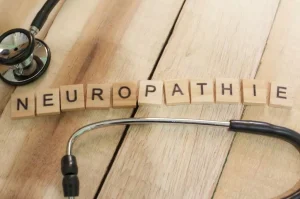
According to a 2023 study of more than 5,000 university students, people sensitive to classic hangovers were also more likely to have higher levels of anxiety and stress. But if drinking never ends, and the alcohol use becomes chronic, you might begin to see how anxiety and alcohol misuse can feed into each other. Society would have us believe that there’s no better way to unwind after a long day than by drinking a glass of wine, cold beer, or sipping your go-to liquor.
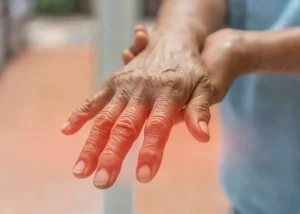
Signs of Panic Attacks: What to Look For
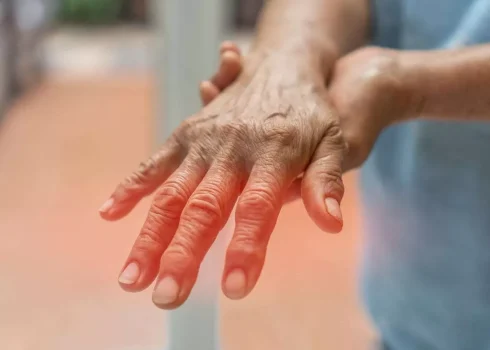
Depersonalization can be described as feeling detached from oneself, or as if you are observing your own panic attack from drinking behaviors but not identifying with them. You might feel your hands and fingers start to shake first and find it difficult to hold small objects like a pen, utensils, or your phone. This shaking can then grow to full-body trembling, making it difficult to stand. Walking can remove a person from a stressful environment, and the rhythm of walking may also help them regulate their breathing.
How Alcohol Affects Anxiety Disorders
Panic attacks are intense but generally not life-threatening and do not cause long-term physical damage. However, frequent panic attacks may lead to lifestyle changes, such as avoiding certain situations, which can impact mental health and daily functioning. If panic attacks disrupt daily life, seeking support from healthcare professionals can be beneficial for effective management and support. While avoiding triggers can reduce the occurrence of panic attacks, avoidance behaviors can also lead to limitations in life and relationships, along with feelings of dread. The initial symptoms of anxiety and panic may be related to alcohol withdrawal.
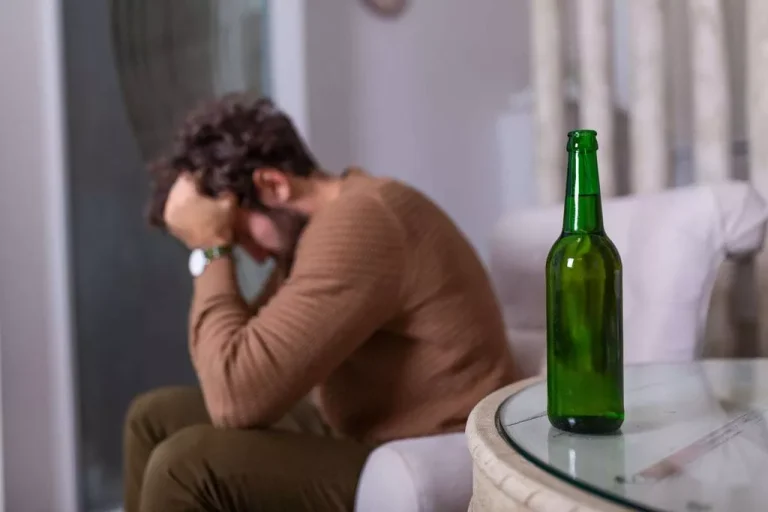
Do panic attacks always have a specific trigger?
If you take medication for anxiety, or you take anti-inflammatory drugs or narcotics, drinking can cause problems with anxiety. You can become agitated and jittery because your body is busy processing the alcohol, which neutralizes the effect of these medications. If you’re drinking more than the UK low risk drinking guidelines (no more than 14 units a week for both men and women) try to cut down. The more you drink the greater your tolerance for alcohol – meaning you need to drink more alcohol to get the same feeling. If you rely on alcohol to mask anxiety, you may find you become reliant on it to relax – putting you at risk of alcohol dependence.
- These conditions often involve intense feelings of fear, worry, and physical symptoms that can be overwhelming for those affected.
- By Sheryl Ankrom, MS, LCPCSheryl Ankrom is a clinical professional counselor and nationally certified clinical mental health counselor specializing in anxiety disorders.
- However, when panic attacks are triggered by less obvious things, occur more frequently, or lead to a sense of dread, see your healthcare provider.
- Regular drinking can interfere with sleep patterns, disrupt brain chemistry, and worsen anxiety symptoms over time.
- Support groups provide encouragement and assistance in managing anxiety episodes and support across your recovery journey.
It is believed that the shaking that occurs during a panic attack is an overreaction of the sympathetic nervous system, part of the fight-or-flight response. As your muscles tense to “take flight,” or run away from the triggering situation, you will experience twitching and tremors. However, these medications can be highly habit-forming, so people should use them exactly as their doctor prescribes. Taken with opioids or alcohol, they can have life threatening adverse effects.
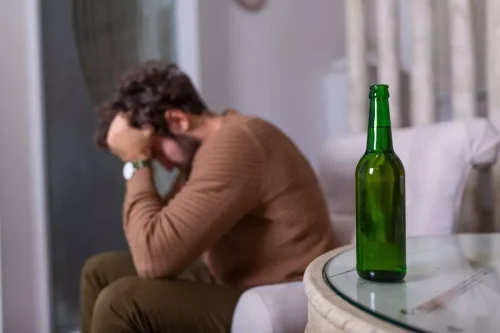
- When dealing with health disorders that may be caused or worsened by alcohol use, the first and most essential action to take is reducing or eliminating alcohol intake.
- Drinking alcohol can have serious consequences if you’re being treated for anxiety.
- Connecting with friends, family, or support groups provides emotional stability during recovery.
Derealization and depersonalization are additional, rarer symptoms of panic attacks. When someone experiences derealization, they have a feeling of unreality, or being disconnected from reality as it is occurring around them. There are many effective treatments for anxiety and alcohol use disorders, including ongoing individual therapy, group therapy, prescribed medications, or a combination of these methods.
Recognizing Alcohol-Related Anxiety Symptoms
Alcohol can also make anxiety worse because it affects the levels of other mood-influencing chemicals like serotonin. Research notes that changes in chemical levels such as serotonin can cause anxiety disorders and depression. Seeking professional treatment for an alcohol use disorder and anxiety can help you regain control of your life.